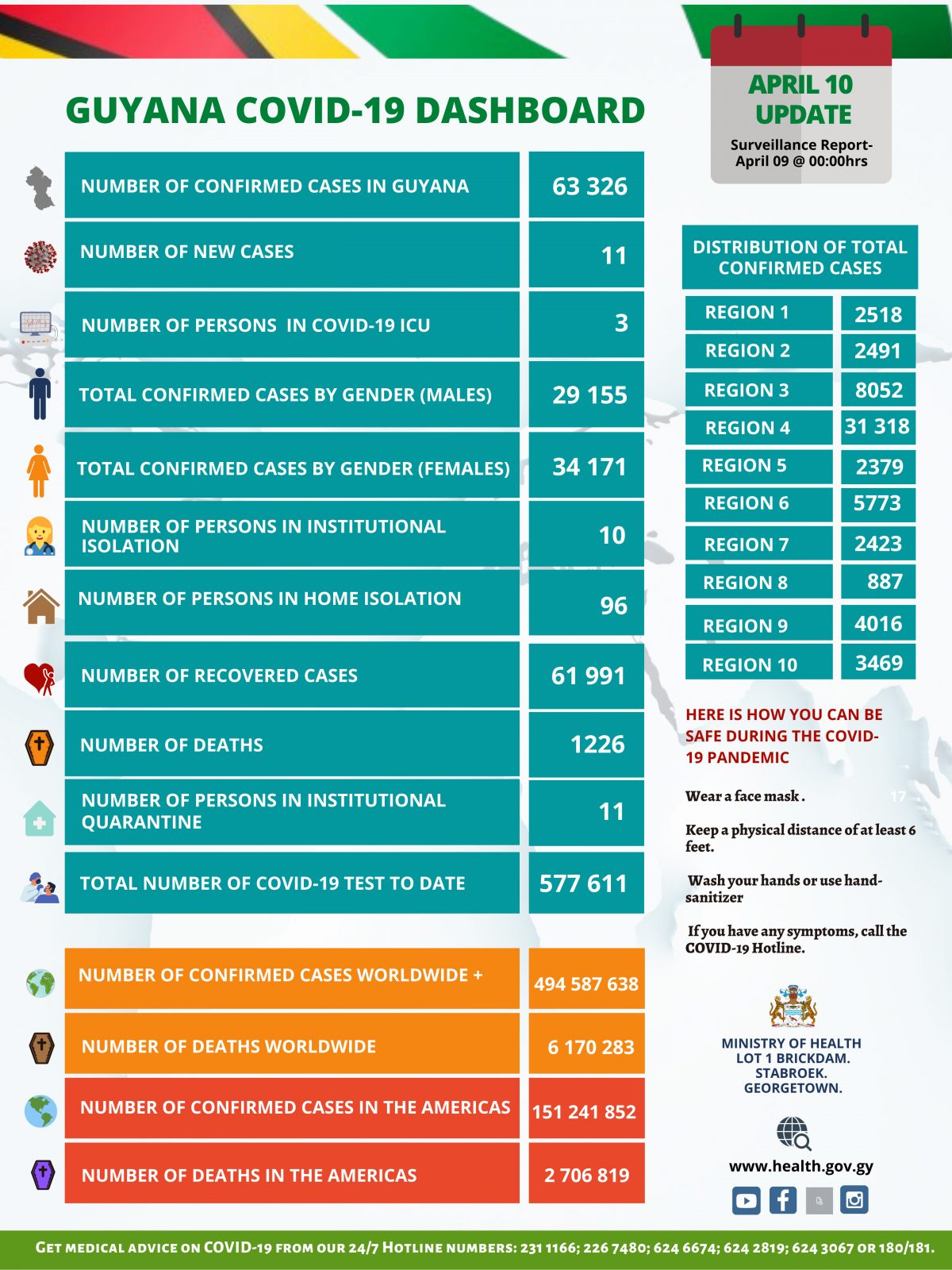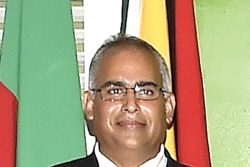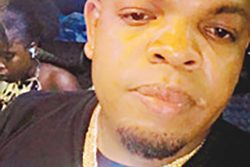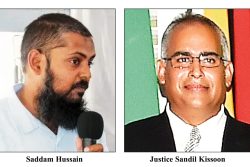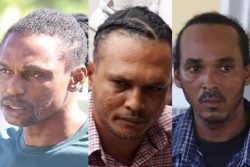With COVID-19 vaccinations at an all-time low, Minister of Health Dr. Frank Anthony is pleading with the unvaccinated to safeguard themselves and for those eligible to get boosters to come forward as the availability of WHO-recognised shots is not a problem.
“One of the reasons you still have a problem is because those who have underlying illnesses are not taking the vaccines. If unvaccinated the challenge is they would end up in the hospital. To protect themselves it is better to get vaccinated and I am pleading with them to do it,” Anthony told Stabroek News yesterday.
“Also, there are some studies that have shown that if vaccinated, it can help prevent the symptoms and possibility of long COVID if that person should contract it,” he added.
Vaccinations have fallen since the sharp decline in COVID infections and deaths.
Anthony said that this country has no more of the Russian-made Sputnik V vaccine in stock and there are no plans to refill. Though it has been administered here for more than a year, Sputnik V is still to be approved by the World Health Organisation (WHO) and the process has been further set back by Russia’s invasion of Ukraine.
“Sputnik V? We don’t have any. We have J and J; we have Sinopharm and we have Pfizer. Those are the three main ones we are using but the challenge that we have is that vaccination rates have slowed drastically and people are just not coming forward to be vaccinated,” he said.
Based on ministry figures, between March 30th and April 4th, only 276 persons came forward for the first dose of a vaccine. Between that same period, 502 persons came forward for their second dose.
The Minister of Health said that he did not have data on the amount and brand of vaccines that are currently on hand but pointed out that at this time government is “trying to not bring large quantities”.
And given that all public schools across Guyana will be reopened on April 25th, Dr. Anthony is making a pitch to parents to have their children take the COVID-19 vaccines.
“These are the data and you would see that there is a lot of room for improvement especially in children. People need to take their vaccines,” he said.
Overall, some 438,836 persons have taken the first dose of a vaccine and that represents 85.5% of the population, Anthony said. Second dose numbers are lower with 337,841 or 65.9% of the adult population taking. Only 60,019 persons have taken booster doses.
For children 12 to 17 years old, 34,377 of them have had a first dose of a vaccine or 47.1% in that age group. The number for second dose vaccinations in that category is 25,115 or 34.4%.
“These numbers can be increased, more so that children are going back to school. If they are (vaccinated) it safeguards them. Adults also have to want to. So there is a lot of room for improvement because there are a lot of people who can get COVID still and that is why we continue to have an active vaccination drive,” Anthony said.
Anthony is also concerned that persons here could develop long COVID – having symptoms long after their infection is gone and says it is more worrisome given that it was not fully understood by medical researchers.
“We do not know for certain but I believe we have persons with long COVID, as we see people return to the hospitals from time to time. It is worrisome because this can be so diverse and the system affects all the organs and systems…,” he said.
He updated on an initiative to collect data on long COVID effects on Guyanese saying that with more research it is hoped that persons would be better able to understand the virus that continues to mutate and has killed millions globally and left severe economic impacts.
“It’s going to take a lot of data collection. We have a number of physicians who are working as a team at GPHC. We are going to formalise that and collaborate with some colleagues from overseas and get a dedicated unit to a track long COVID in Guyana and to treat these cases. We are working with some partners in the US and we will also be doing a lot of physician training …so that they would be able to recognise signs and symptoms,” he added.
